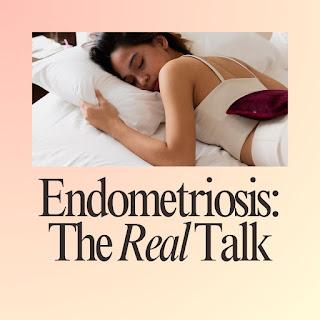Endometriosis: A Closer Look at Symptoms | Diagnosis | Treatment Options
Endometriosis: A Closer Look at Symptoms, Diagnosis, and Treatment Options
Endometriosis is a complex and often misunderstood medical condition affecting women of reproductive age. It occurs when tissue similar to the lining of the uterus, known as endometrium, grows outside the uterus. This misplaced tissue can be found on the ovaries, fallopian tubes, and other pelvic organs, leading to a range of symptoms and potential complications.
Symptoms of endometriosis can vary, but common indicators include Dysmenorrhea (painful menstrual cramps), dyspareunia (pain during intercourse), and diffuse lower abdominal pelvic pain that may intensify during menstruation. Women with endometriosis often experience chronic discomfort, impacting their overall quality of life.
Dysmenorrhea, characterized by severe menstrual cramps, is a hallmark symptom of endometriosis. The pain can be debilitating and may not respond well to conventional pain relief measures. Dyspareunia, another prevalent symptom, can strain relationships and contribute to emotional distress. The diffuse lower abdominal pelvic pain associated with endometriosis may be constant or cyclical, exacerbating the overall burden on affected individuals. the other symptoms can be painful micturition and painful bowel movements, heavy bleeding during periods, fatigue, bloating, nausea, constipation or diarrhoea.




Comments
Post a Comment